Since the current debate is on guns, many people are invoking Harry Potter as somehow evidence of…well, something.
https://twitter.com/CharlotteAlter/status/977544814605422592
https://twitter.com/CharlotteAlter/status/977545917527072770
https://twitter.com/CharlotteAlter/status/977546476875276289
And this is a national correspondent for Time, not just some left-leaning whackjob.
However, as Alex Griswold argues at the Washington Free Beacon, Harry Potter works both ways.
Even if you buy into the notion that fantasy books should dictate our policy, I find it surprising that so many of the children who read Harry Potter came away thinking we need more gun control. I’ve read all seven books on several occasions, and they make the strongest case for an armed populace and the evils of gun control I’ve ever read.
Instead of guns, wizards in Harry Potter use wands for self-defense. Every wizard is armed at eleven, taught to use dangerous spells, and released into a society where everyone’s packing heat and concealed carry is the norm. It’s an inspiring example the United States should strive towards.
But the reader slowly discovers there is wand control in the Harry Potter universe, and that it’s a racist, corrupt and selectively enforced. In the second book, Chamber of Secrets, we learn that the Hogwarts groundskeeper Hagrid has been forcibly disarmed after being accused of a crime he didn’t commit. When government officials again come to falsely arrest Hagrid, he lacks any means of self-defense.
In Prisoner of Azkaban, Harry accidentally uses magic to attack his helpless aunt who has done nothing but insult him. It’s an illicit use of magic that should have seen his wand snapped, but the political influence of the Minister of Magic Cornelius Fudge ensures that he escapes punishment. (Author J. K. Rowling no doubt was drawing from the example of cities like New York, where only the politically connected and powerful can obtain gun permits.)
I urge you to go an read the whole thing. It’s quite excellent in showing how a case against gun control can be taken from the pages of Harry Potter.
Now, make no mistake. Fiction is a useful tool for political discourse. After all, how many of us invoke Animal Farm or 1984 to warn of the dangers of socialism? I know I do, and I’ve seen too many people say, “Some animals are more equal than others” far too much to think I’m alone.
But one of the problems with doing so is that people can manipulate fiction to mean almost anything.
It’s almost amusing how easily the anti-gunners are invoking Harry Potter, though. It seems they’re unlikely to stop, despite Griswold’s demonstration that it can mean far, far different things than they might prefer. Such as being a testament to the importance of privately owned weapons to battle against an oppressive and tyrannical regime.
You know…kind of like owning guns.


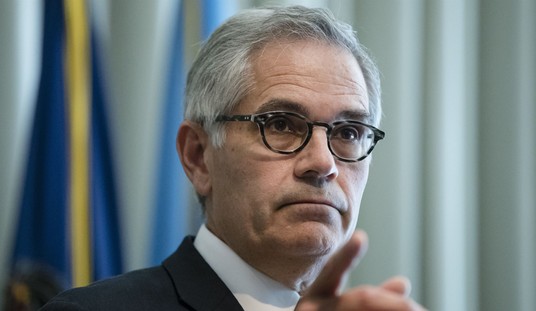
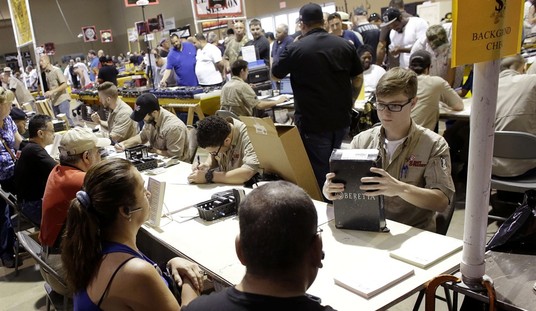
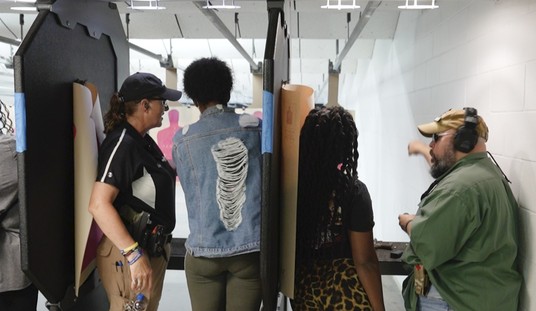
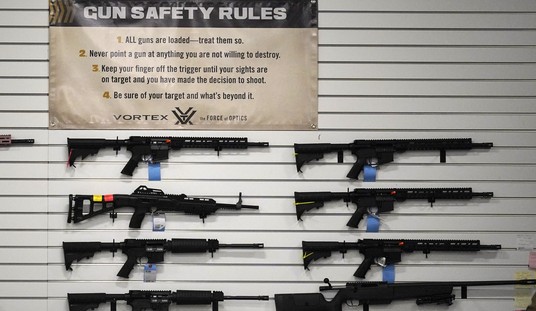

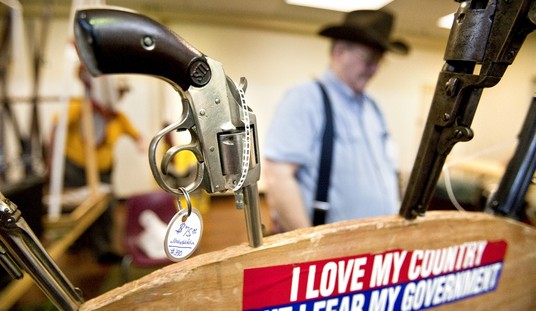
Join the conversation as a VIP Member